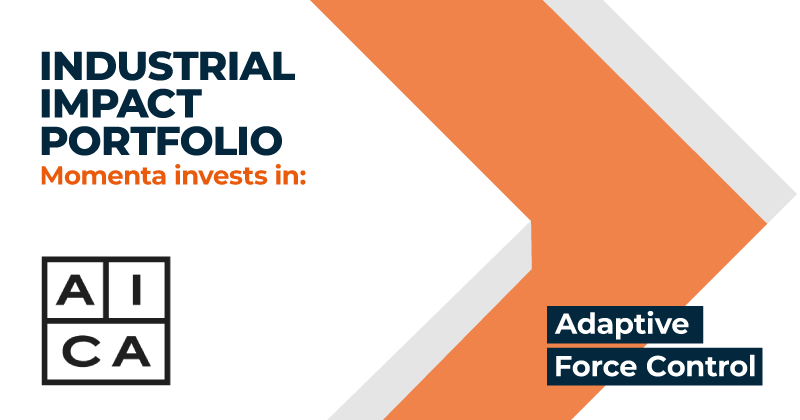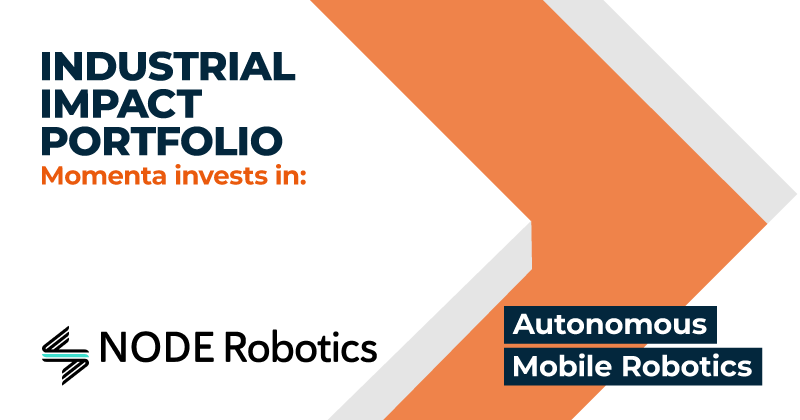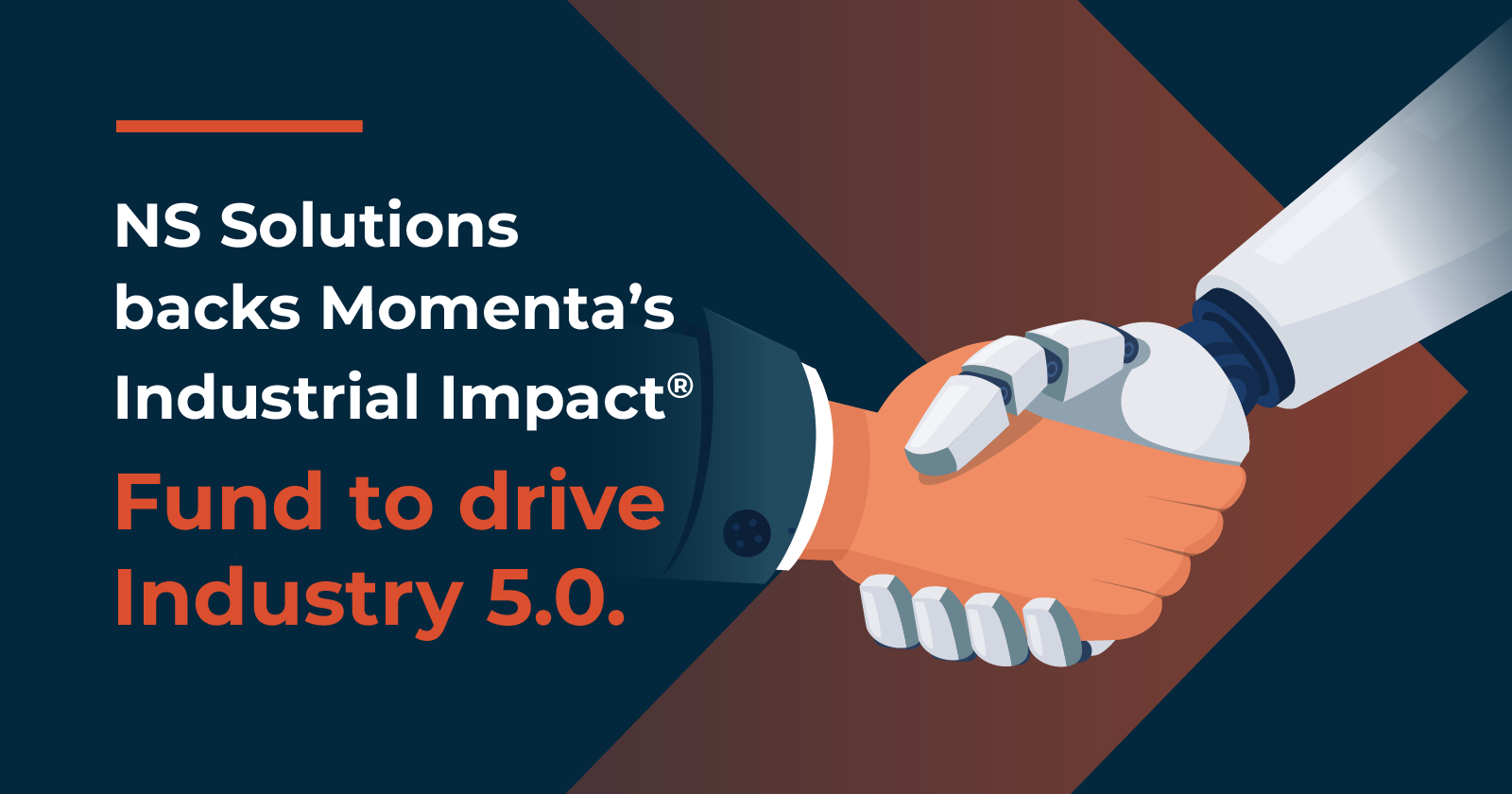Feeding the Future: How Digital Tech Transforms Agriculture
Ken Forster
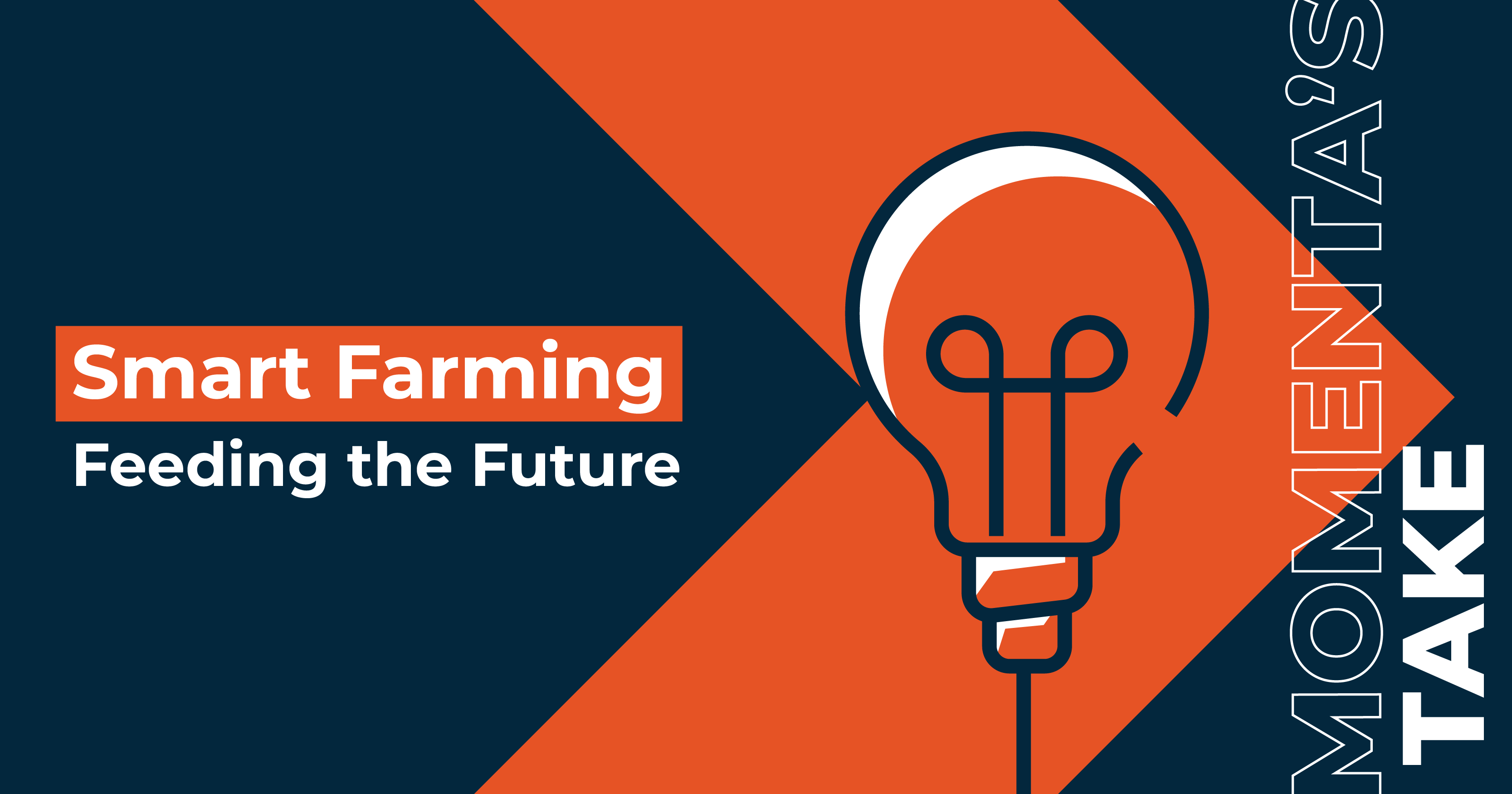
Feeding the Future: How Digital Technology Transforms Agriculture
Everyone needs to eat, and today, there are over 8 billion people in the world (expected to reach 9.7 billion by 2050). Agriculture has been transformed by technology over the past 50 years, and now it is in the early days of yet another revolution, at the heart of which lies data and connectivity. Smart farming is an approach to agricultural production that involves using IoT, robotics, drones, and AI, among other technologies, to manage farms, increase output, and reduce environmental impact.
Digital transformation in agriculture will be essential to feed a growing global population, adapt to changing environmental conditions, and ensure food safety and sustainability. Agriculture uses a significant number of resources and generates much waste, leaving much opportunity for efficiency improvements. Agriculture generates around 23% of human-caused greenhouse gas emissions and uses up to 92% of the world’s freshwater. A report by the WWF and Tesco estimates that around 40% of food grown goes uneaten. China loses roughly 5% of its total produced grain before retail each year.
There are a number of potential benefits from digital transformation of agriculture:
- Efficiency and Productivity: Digital technologies can significantly optimize resource use, reduce waste, and increase yields.
- Resource Conservation: Monitoring and sensing technologies enable more precise management of water, fertilizers, and pesticides, which minimizes overuse, reduces environmental impact, and promotes sustainability.
- Better Decision Making: Collecting data on soil conditions, weather, crop health, and more enables analysis so that food producers can make decisions that result in improved outcomes from planting, harvesting, and pest control.
- Weather Resilience: Monitoring, sensing, and analytics help farmers adapt to changing weather patterns, employing real-time information and predictive models to mitigate risk.
- Labor Shortages: Automation and digitalization help food producers mitigate the impact of labor shortages by performing labor-intensive tasks and improving the output and productivity of existing workers.
- Sustainability and Environmental Responsibility: Agriculture has a significant impact on the environment. Digital technologies support sustainable practices, allowing farmers to reduce greenhouse gas emissions, minimize chemical use, and conserve biodiversity.
- Regulatory Compliance and Provenance: Digital technologies help food producers comply with regulatory requirements (for organic food, for example) and can also provide detailed and traceable information about the origination and path to market (for ethical sourcing, etc.)
According to a recent study conducted by Precedence Research, the smart agriculture market is expected to experience substantial growth, with its value increasing from $18.1 billion in 2021 to an impressive $43.4 billion by 2030. The adoption of advanced agricultural technologies, particularly in North America, is driving this rapid expansion.
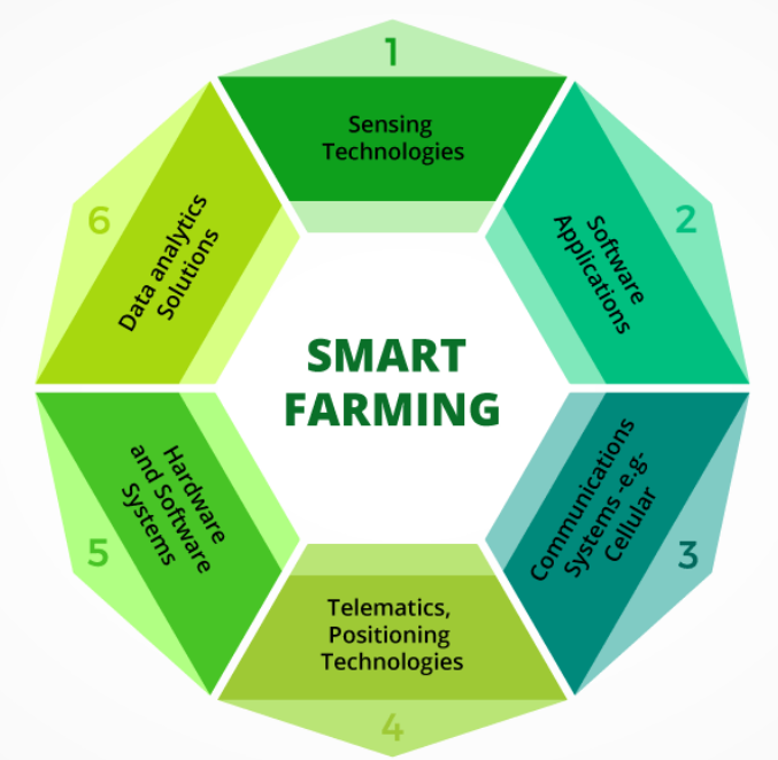
Source: Beecham Research
As stated by McKinsey, the effective incorporation of connectivity in agriculture has the potential to amplify global GDP by 7-9% or add an extra $500 billion by 2030.
A Digital Future of Farming
There are multiple ways to employ digital technologies to impact farming and food production. Precision Agriculture employs IoT sensors, drones, and satellite imagery to collect data on soil conditions, weather, crop health, and other factors, helping farmers make better decisions about planting, irrigation, fertilization, and pest control in order to reduce resource waste and increase crop yields.
Tractors and other farming equipment are increasingly equipped with IoT sensors and GPS technology, enabling autonomous farming and optimizing routes and operations. IoT-based automated irrigation systems can monitor soil moisture levels and weather conditions to ensure crops receive the right amount of water at the right time. Livestock monitoring devices such as smart collars and ear tags can monitor the health, location, and behavior of livestock. IoT technologies can be used to track products through the supply chain, from farm to consumer, helping reduce food waste, ensure food safety, and improve logistics efficiency.
Abundant Opportunities to Transform Food Production
At Momenta, we are believers in the power of technology to reshape the impact and economics of agriculture. One of our portfolio companies, Agtonomy, has developed a software and service solution that integrates with tractors and other farm equipment to help farmers with their work. Agtonomy’s platform equips vehicles with manual, remote control, and autonomous operation settings to assist with tasks like mowing, spraying, and weeding crops. The system also assists with automatically refilling tanks for continually operating machinery as they use up materials and energy.
Agtonomy’s TeleFarmer System
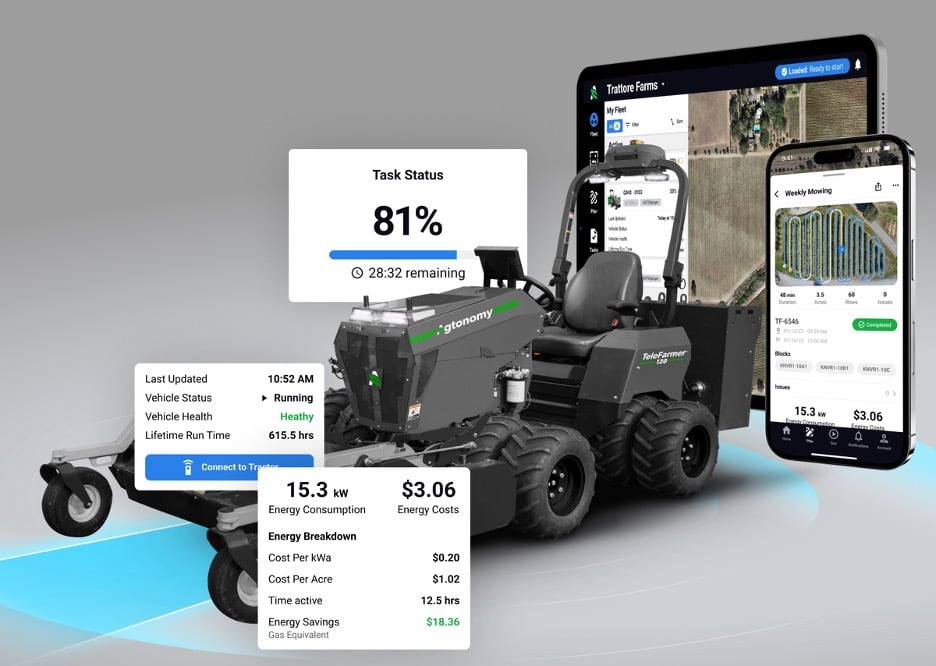
Source: Agtonomy
In conclusion, digital transformation in agriculture isn't just an option; it's an imperative. It's the compass guiding us toward a sustainable, productive, and resilient future in agriculture. As we navigate the complex web of challenges ahead, from population growth to climate change, smart farming stands as our beacon of hope. It empowers us to harness data, embrace efficiency, and steer our agricultural endeavors toward a brighter, greener horizon. The journey is ongoing, but the destination is clear: a world where technology and innovation cultivate not only crops but a sustainable tomorrow for generations to come.

Momenta is the leading Industrial Impact venture capital + growth firm. We accelerate entrepreneurs and leaders devoted to the digitization of energy, manufacturing, smart spaces, and supply chains. Since 2012, our team of deep industry operators have made over 100 investments in entrepreneurs and helped scale over 150 industry leaders via our award-winning executive search and strategic advisory practices.

